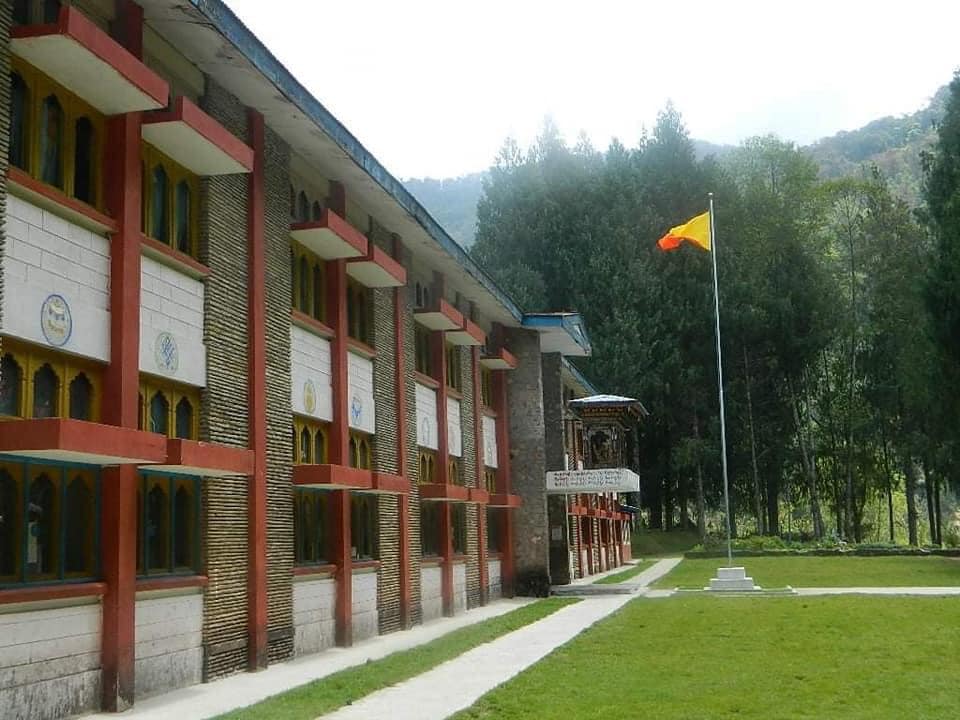Dealers in Thimphu attributed the surge to the increasing demand for cars including previous orders
Although the import of vehicles dropped at the beginning of this year, it increased dramatically in March.
This is according to figures of the Bhutan Trade Statistic for the first quarter of this year.
A rough calculation of imported vehicle statistics showed that more than Nu 1.15bn worth of vehicles were brought into the country from India and other third countries in March.
This was an increase of around Nu 14mn in value compared to March month of the previous year. Last year, around Nu 1.13bn worth of vehicles were imported.
In the first quarter of 2022, the country imported vehicles and accessories almost Nu 720mn worth from India and Nu 426mn worth from third countries.
Dealers in Thimphu attributed the surge to the increasing demand for transport businesses and private use after the economy stalled due to COVID-19.
While car dealers remained cautious about the prospect of the car market, many expected more positive sale figures for the second quarter given the launch of many new models.
Automobile sales have continuously declined in the first two months of the year.
The Senior General Manager of Bhutan Hyundai, Pema Lodey said that the import of Hyundai vehicles comes to around 70 units to 80 units of BS6 vehicles per month after the normalization of the situation.
“With the earlier orders from the customers, we expect more sales in the coming months,” he said, adding that more cars are yet to come after the opening of the border gates.
He shared that the import of ISUZU is less due to the high cost of BS6 Isuzu pickup trucks as compared to the old model. “As the price increases, we sell about only five to six units of ISUZU pickup truck in a month.”
Similarly, the Regional Manager of Mahindra, Ugyen Dorji said that the car business is picking up slightly and every month five to eight vehicles are being sold.
He said that the sales have nothing to do with the pandemic as the country has been economically disadvantaged. “With the opening of the border, we expect the delivery time to improve and deliver the vehicles on time,” he said.
As for Kia Motors, the official said that even before the pandemic the demand was high and they supply about 80 to 90 units per month.
“The import of cars has been gaining momentum once again,” he said.
Meanwhile, a few vehicle importers also applauded the government for putting a restriction in January this year on the import of vehicles below the BS6 and Euro6 to reduce gas emissions in the country. They say it is a good initiative taken by the government although the prices of the vehicles are high.
As of May this year, there are 121,991 motor vehicles registered with the Road Safety and Transport Authority (RSTA). The data shows around 66,355 vehicles in the capital, followed by Phuentsholing and Gelephu with 38,725 and 8,380 vehicles respectively.
Sherab Dorji from Thimphu















